“`html
The Role of Good Explanation in Uniting Science and Faith: Navigating Truth Across Disciplines
As someone who has journeyed through both faith and the technical world of artificial intelligence, data science, and consulting, I’ve had the privilege of observing how systems are interconnected both in the empirical world and in the spiritual one. One of the most profound revelations I’ve encountered is the concept of the ‘Good Explanation’ — a principle that, although rooted in scientific methodology, transcends into almost every area of life, including faith and morality.
Drawing from my explorations in technology, it’s clear to me that the divide between science and Christianity — often seen as opposing forces — isn’t as marked as people imagine. In fact, they are united through principles, especially the principle of good explanation and its power to reveal truth.
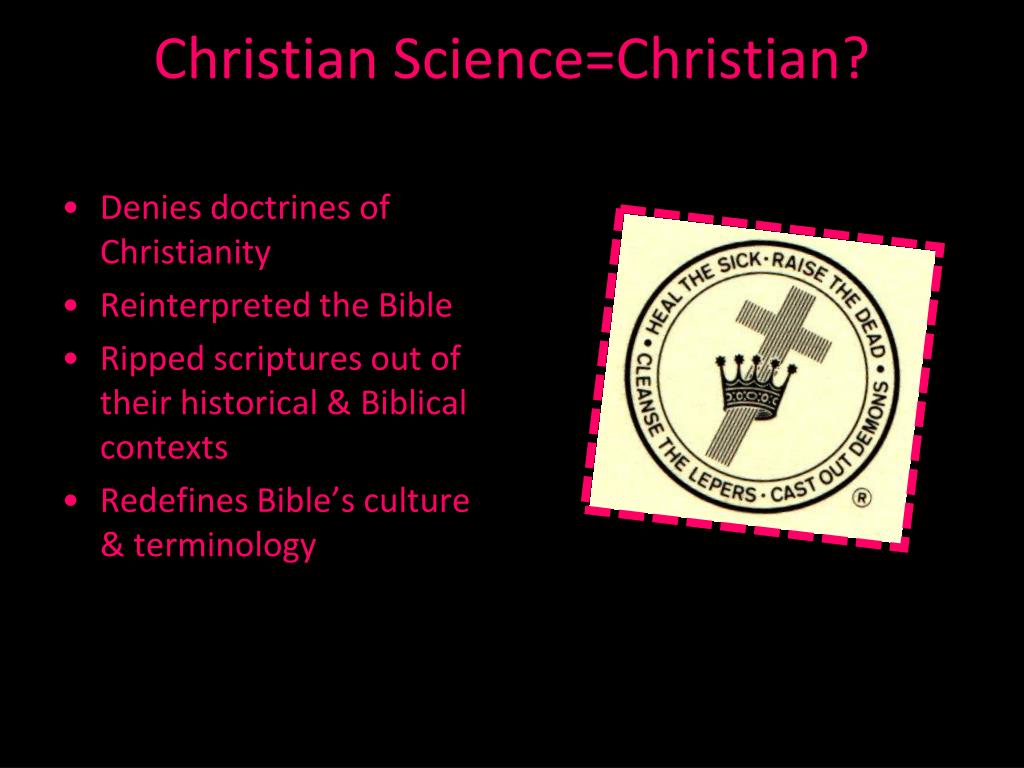
What Is ‘Good Explanation’?
The principle of good explanation, as I’ve come to understand through my dual focus in science and faith, offers much more than mere technical insight. It’s defined by a solution or a theory being hard to vary while still accounting for what it’s intended to explain. This becomes a gateway to understanding not only empirical truths but also moral, aesthetic, and even theological insights.
In other words, a good explanation remains robust across applicable scenarios. In the realm of science, good explanations are testable, verifiable, and applicable across multiple instances. But even in arenas like ethics, aesthetics, and faith, a good explanation doesn’t simply collapse under scrutiny or preference — it holds up because it’s grounded in deeper truths that apply universally. For example, the resurrection of Christ isn’t just a religious belief but a truth claim about history, impacting generations of believers and grounding some of the deepest aspects of Christian theology. Likewise, moral principles rooted in Scripture must be approached with a lens of good explanation, offering wisdom that transcends time.
The Principle of Testability and Its Role in Good Explanation
One of the cornerstone elements of scientific inquiry is the principle of testability. Testability refers to the ability of a hypothesis or idea to be examined under repeatable conditions to determine its validity. But as I’ve discussed with peers in the technical world, and as I’ve reflected in my own life and faith, testability is a subset of good explanation.
In previous discussions, I argued that while testability combines rigor with empirical observation in science, Christianity calls for a different form of testability — a spiritual one. Consider the Bible’s invitation to “taste and see that the Lord is good” (Psalm 34:8). The invitation here isn’t for a laboratory experiment but for a lived experience — the testing of God’s faithfulness in real, personal trials. Just as science tests large-scale hypotheses, faith challenges us to trust in greater truths that heal us spiritually and emotionally.
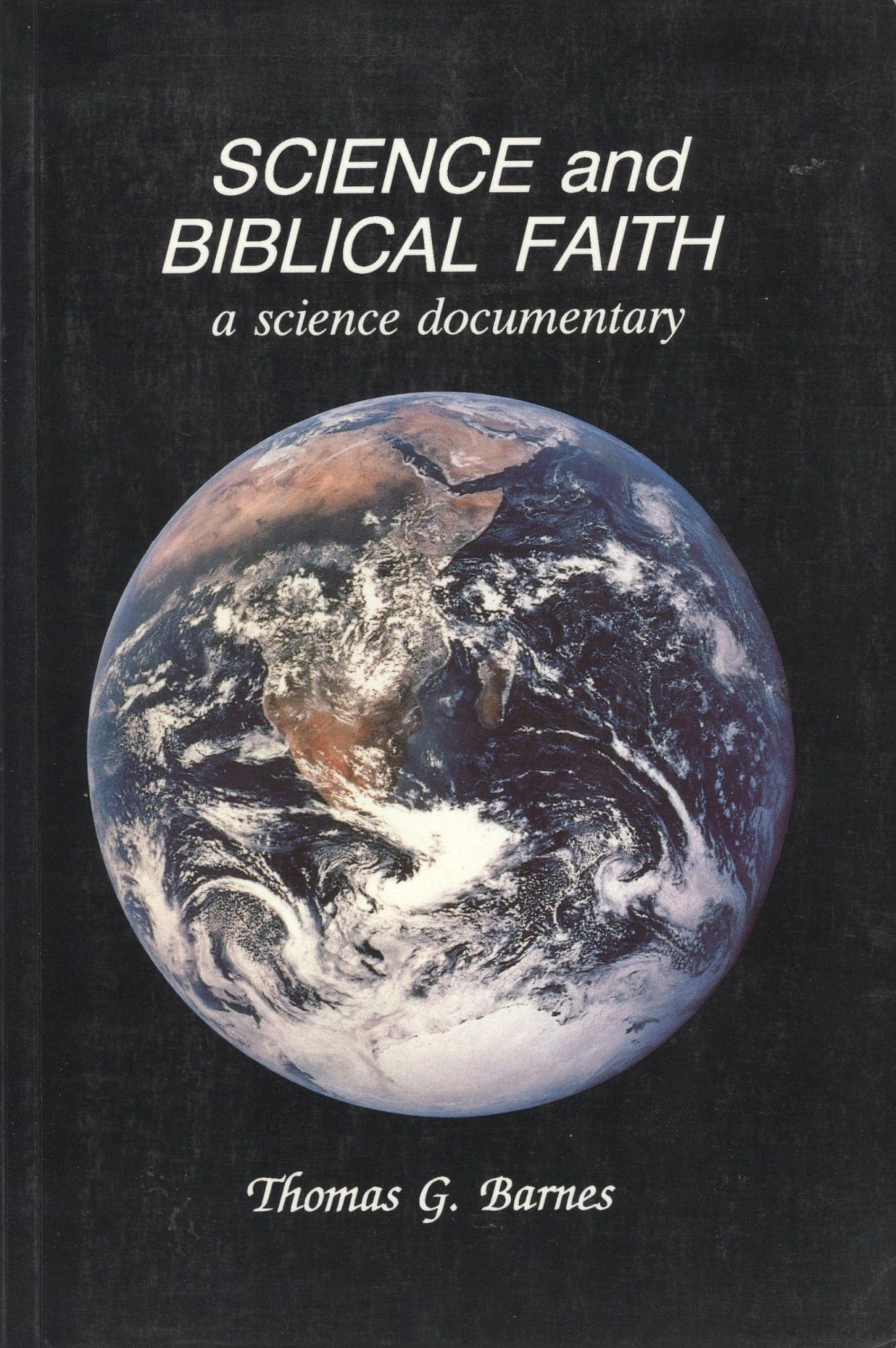
Good Explanation Extends Beyond Science and Into Faith
We often dismiss areas like aesthetics as subjective or “a matter of taste.” But this denies the reality that even non-quantitative fields have objective truths, which can also demand good explanations. How else can we understand claims like Christ’s death and resurrection, which hold not only historical significance but also transform lives across cultures and epochs?
In another exploration, I discussed the intricate balance between understanding art, morality, and aesthetic values akin to how we understand scientific theories. For example, it’s not enough to say that one merely likes the works of Mozart over Beethoven; there are objective qualities in harmonic structures, thematic coherence, and the resonance of music that reveal a better explanation for why certain compositions stand as masterpieces versus simple noise, much like moral truths.
Objective Truth: A Core Element in Good Explanation
Now, one of the more controversial debates today revolves around whether objective truth exists in areas outside hard sciences. In spiritual, ethical, and aesthetic inquiries, Christians believe in absolute truths. One clear example is when we declare that God’s love, justice, and mercy aren’t up for subjective interpretation. They are objective, rooted in His character and observable through Scripture. Similarly, a good explanation must aim to reveal these lasting truths — whether in salvation through Christ or justice as presented in biblical teachings, as also evidenced in the early Christian Church’s commitment to such values.
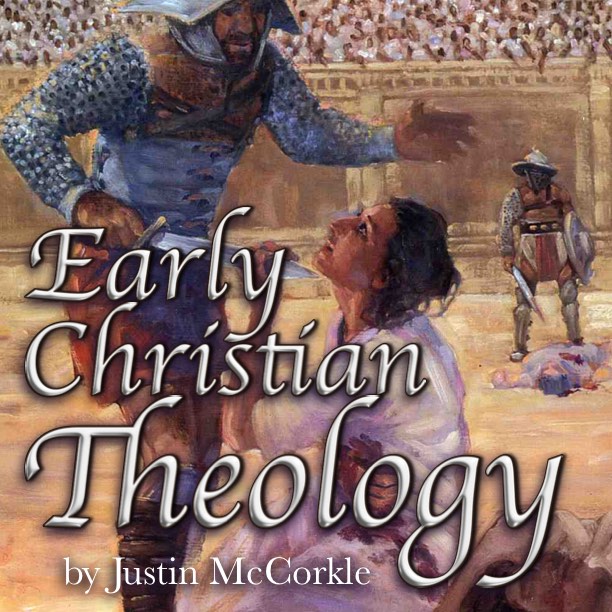
Good Explanation in Morality and Governance
Another remarkable observation is how the principle of good explanation translates into the realm of morality and even politics. The principle isn’t only about finding the right hypothesis in science or the right interpretation in theology—it’s about creating solutions that stand the test of time.
When we look at the structure of governments, for example, Christian principles often demand that governance be just, responsive, and not authoritarian. Jesus Himself espoused a kingdom based on service and humility (Matthew 20:26-28). A good explanation for governance would account for these values, just as it seeks to uphold testable, moral values.
The Call for Stewardship and Responsibility
In my experiences as an entrepreneur and consultant, I’ve realized that both faith and science call for stewardship. Stewardship isn’t a passive role; it’s an active responsibility, whether we’re managing empirical systems through technology or leading lives that reflect Christian principles. Thus, good explanations have implications not just for our understanding of abstract concepts, but for tangible change in how we live and lead. As I discussed in a recent article on facing illness with hope, these principles come into sharp focus when we confront life’s greatest challenges.
Conclusion: Navigating Truth in Every Area of Life
In integrating both science and Christianity, we find that they are not so contradictory after all. Instead, both are driven by a quest for truth grounded in the principle of good explanation. Whether we are examining theories of physics or engaging in moral deliberations about justice, each field leverages the value of explanations that can stand up to rigorous testing — tests both empirical and spiritual.
In a world where faith and science are often seen as rivals, I believe they are, in fact, complementary systems — reaching for the same goal: truth. Just as Galileo recognized that the laws of the universe are written in mathematical language, so too are the deeper moral laws and truths written into the fabric of our existence by God’s sovereign hand.
Focus Keyphrase: Good Explanation in Science and Faith
“`
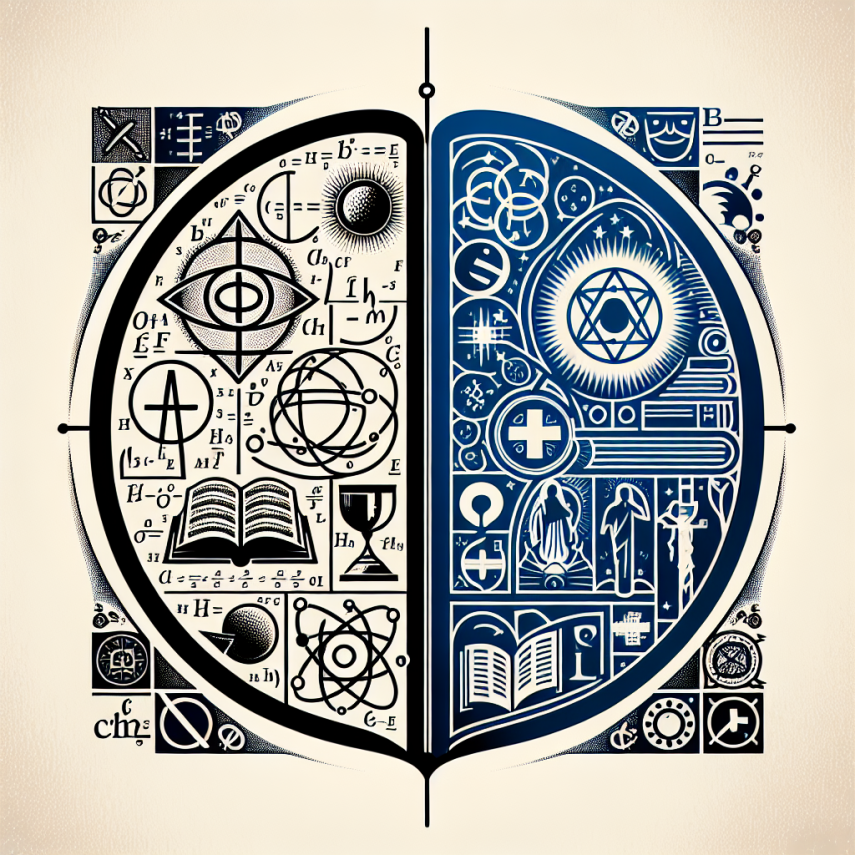


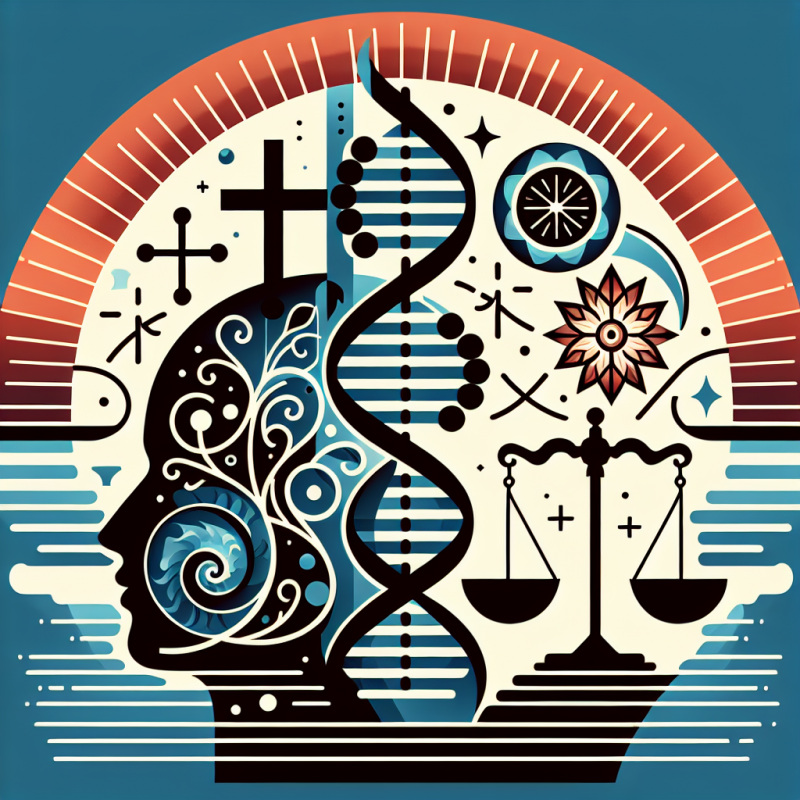
This really speaks to my struggles with reconciling faith and modern science. I’m curious how we can challenge traditional doctrines while still honoring the shared pursuit of truth across both dimensions. Very thought-provoking!
This piece underscores the role of ‘good explanation’ — a concept that is surprisingly meta-theoretical, encompassing both empirical and spiritual truths. Whether comparing physics or Christian doctrines, it urges us to seek interpretations that endure time and scrutiny.